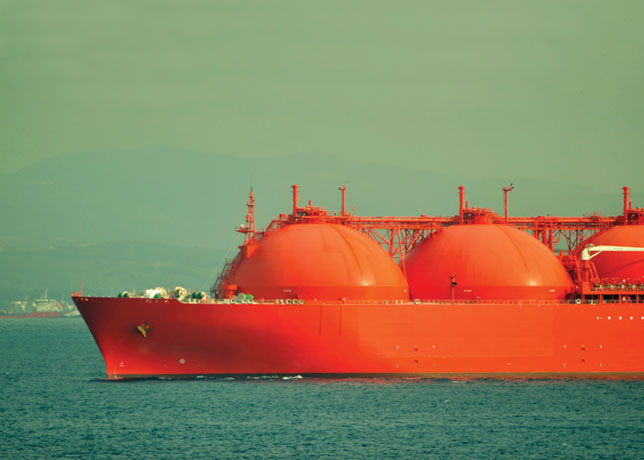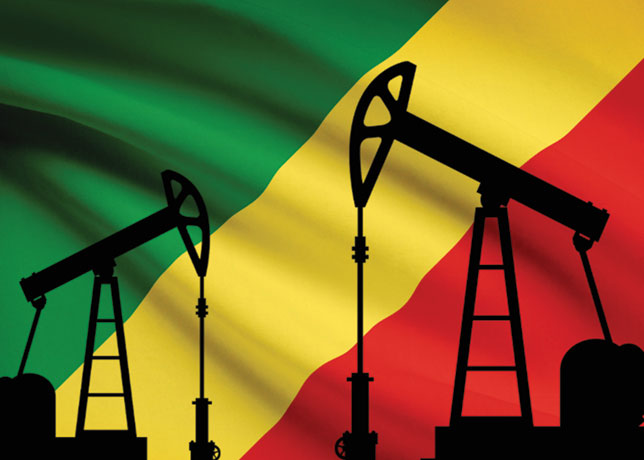
 ROC is revitalising its hydrocarbon sector
ROC is revitalising its hydrocarbon sector
The Republic of Congo (ROC) has transformed its oil and gas sector by capitalising on its significant natural resources and adopting a proactive approach to attract foreign investment, NJ Ayuk, Executive Chairman, African Energy Chamber, says in an opinion piece.
With proven reserves of 1.8 billion barrels of oil and 284 billion cu m of natural gas, the ROC has avoided the bureaucratic stagnation common in other African countries, creating a favourable business environment.
Under the leadership of Bruno Jean-Richard Itoua, the Congolese Minister of Hydrocarbons, the ROC has made notable strides in revitalising its hydrocarbon sector.
At the Invest in African Energy 2024 forum, Itoua announced the creation of a gas master plan, a comprehensive gas code, and the establishment of a national gas company by the third quarter of 2024. The ROC aims to prioritise local and regional markets for gas and LNG, reserving exports to Europe only when excess production is available.
Itoua emphasised the importance of public-private partnerships, stating that 95 per cent of investment in the ROC’s oil sector comes from international oil companies (IOCs).
The government's role is to foster an attractive business climate to draw in investors and partners.
Recent developments highlight the ROC's growing attractiveness for investment. Trident OGX Congo, based in Pointe-Noire, began a seven-year project to boost oil production through hydraulic fracturing in the Mengo-Kundji-Bindi II fields.
This project, supported by $300 million from the African Export-Import Bank, is expected to draw $1.5 billion in investments, create jobs, and increase production by 30 per cent.
Perenco, a Franco-British company, is actively exploring offshore fields and acquiring seismic data for future exploration. Additionally, Trident Energy, a London-based firm, secured agreements with Chevron and TotalEnergies to acquire interests in various ROC oil fields, demonstrating the ease of doing business under current ROC policies.
The ROC is also enhancing its refining capabilities. The Congolaise de Raffinage refinery, operating at 600,000 tonnes per year, will be complemented by the Atlantique Pétrochimie refinery in Fouta, which will process 2.5 million tonnes annually.
This new refinery, funded by Beijing Fortune Dingheng Investment, will handle a range of hydrocarbon products.
On the gas front, the ROC's first LNG export, sent to Italy in February 2024, marks a step toward becoming a global LNG exporter.
The ROC's partnership with Italy's Eni and a memorandum of understanding with Algeria's Sonatrach highlight ongoing collaborations aimed at expanding LNG and petrochemical production.
The Banga Kayo project, operated by China’s Wing Wah Oil Company, will further boost production.
With an expected peak output of 80,000 barrels per day, this project incorporates environmentally friendly technologies and supports local communities.






































































